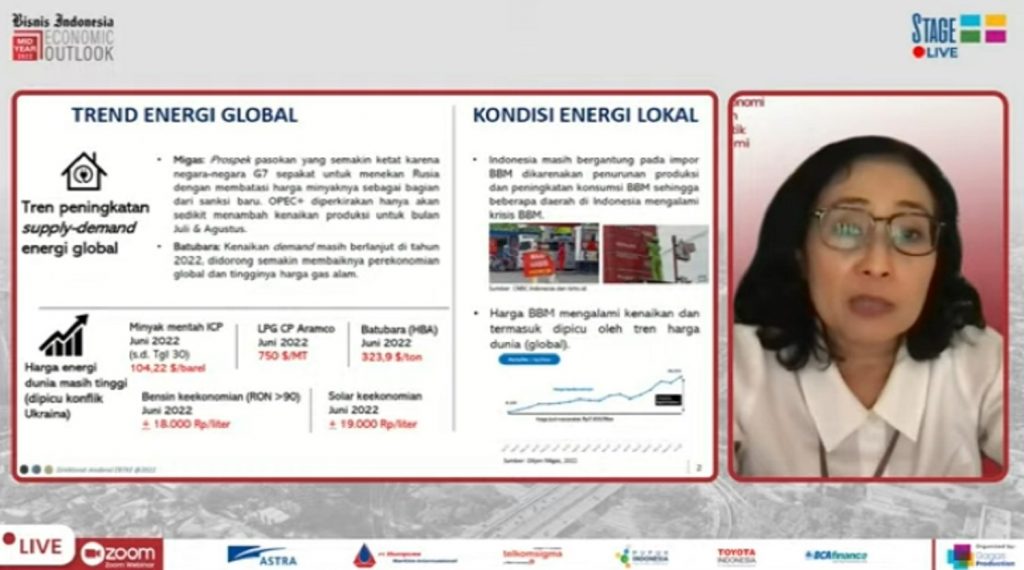
Jakarta – Managers of commercial and public buildings to transportation services with energy consumption of 500 tons of oil equivalent (TOE) will be required to report energy use while implementing measurable energy management, officials said Tuesday (2/8). This obligation will be regulated in the revision of Government Regulation (PP) No. 70/2009 concerning Energy Conservation.
“In this (revised) regulation, we will state that there is an obligation for the commercial sector to have an energy consumption level of 500 tons of oil per equivalent and report its energy use later,” said the Ministry of Energy and Mineral Resources (ESDM) Director of Energy Conservation at the Directorate General of New, Renewable Energy and Energy Conservation (EBTKE) Luh Nyoman Puspa Dewi in a virtual meeting.
She said, electricity customers are also required to manage their energy consumption. Dewi said that malls or health services such as hospitals can apply more efficient building designs to absorb energy from nature. Likewise, managers of public transportation services are asked to save energy.
“Previously we did not include that obligation. In the new regulation revision, we will include these obligations for energy management,” she said. On that occasion, Dewi explained that data on the realization of EBTKE investments only reached USD 0.58 billion or 14 percent of the 2022 target which was set at USD 3.98 billion.
Director General of EBTKE Dadan Kusdiana, added that the low investment realization was due to the delay in the ratification of the Presidential Regulation (Perpres) on tariffs for purchasing new and renewable energy (NRE) electricity which was planned to be completed at the beginning of this year.
In addition, Kusdiana said, the policy of roof solar power plants which had been hampered also affected the achievement of relatively minimal investment until the middle of this year. “From the target of almost USD 4 billion, the Presidential Regulation on NRE tariffs can be issued at the beginning of the year and the rooftop solar power plants policy can run smoothly,” he said. (Hartatik)















